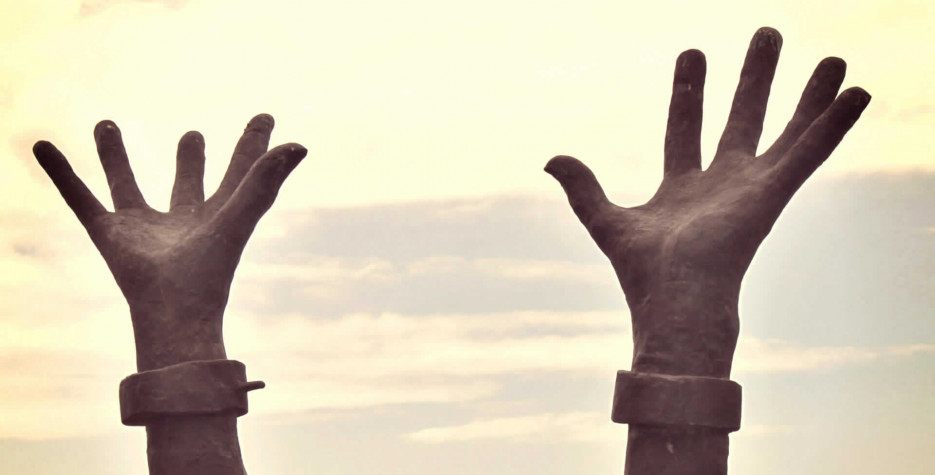About National Freedom Day
February is Black History Month, and it is fitting that the month kicks off with National Freedom Day.
In 1863 President Abraham Lincoln issued the Emancipation Proclamation, freeing slaves. But Lincoln knew that a proclamation wouldn't be enough - leading to the creation of the 13th Amendment.
The 13th Amendment, which formally abolished slavery, was officially approved on February 1st 1865. Almost 100 years later, that day became known as National Freedom Day.
When the proclamation, Richard R. Wright, was just 9 years old and enslaved, according to the National Constitution Center. Wright went on to serve as the first president of Savannah State University, becoming a civil rights advocate and an author.
At the age of 86, in 1942, Wright began lobbying for the creation of National Freedom Day. Wright held grassroots celebrations honoring February 1st, and even went on a national speaking tour while working with legislators to get the day recognized.
But Wright never saw his dream realized. He died in 1947 -- a year before the day was signed into federal code.
On January 25th 1949, President Harry Truman signed a bill establishing National Freedom Day on February 1st.
Though the day was not made into a federal holiday, Truman wrote in the proclamation that citizens should "pause" and contemplate freedom on the day.
"I call upon the people of the United States to pause on that day in solemn contemplation of the glorious blessings of freedom which we humbly and thankfully enjoy," he wrote.
Similar Observances
International Day Against Homophobia, Transphobia and Biphobia
Read More
World Day for International Justice
Read More
International Day to End Violence Against Sex Workers
Read More











